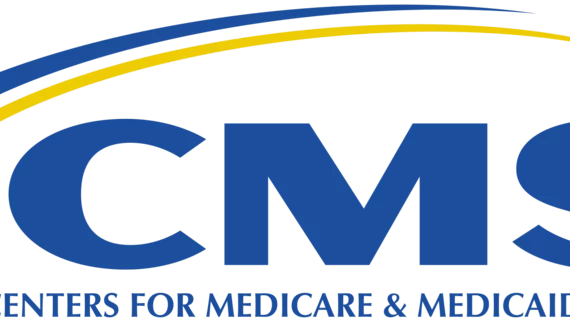CMS streamlines Medicaid waiver process
CMS has announced moves to make it easier to implement changes to the Medicaid program more quickly, the agency announced Thursday, Aug. 17. The agency touted faster approval times for waiver amending Medicaid programs in some states.
“With faster processing times and earlier communication, states now have much greater ability to manage their programs in an effective and predictable manner,” CMS Administrator Seema Verma, MPH, said in a statement. “We want to ease bureaucratic requirements for both states and our own staff so that we can focus those resources on improving health outcomes rather than
The statements come at a time when CMS is facing backlash for allowing states to implement work requirements for Medicaid eligibility for some beneficiaries. Three states–Arkansas, New Hampshire and Indiana–have put work requirement waivers in place. Arkansas, which implemented the requirements in June, is facing a new lawsuitchallenging the policy and low reporting from beneficiaries.
When states want to make changes to their Medicaid programs, they typically go through either the state plan amendment (SPA) or section 1915 waiver, even for small updates, according to CMS. The agency argues this process can be burdensome and take a long time, which includes a federal review process.
CMS and the Trump administration have undertaken efforts to speed up the waiver process, including revamping several measures at the end of 2017.
The agency stated it would:
- Implement a call with states within 15 days of receipt of a submission to review requests and critical timelines.
- Launch new tools to facilitate the development and completion of new submissions.
- Implement a strategy to reduce the backlog of requests.
- Expand MACPro, the web-based system for processing requests.
Between calendar year 2016 and the first quarter of 2018, CMS has seen a 23 percent reduction in the median time approval for Medicaid SPAs. The vast majority—84 percent—of Medicaid SPAs were approved within 90 days, an increase of 20 percent from 2016. Median approval times for HCBS waivers decreased 7 percent, renewal approval times dropped 38 percent, and amendment approval times decreased 44 percent for long-term care services.

